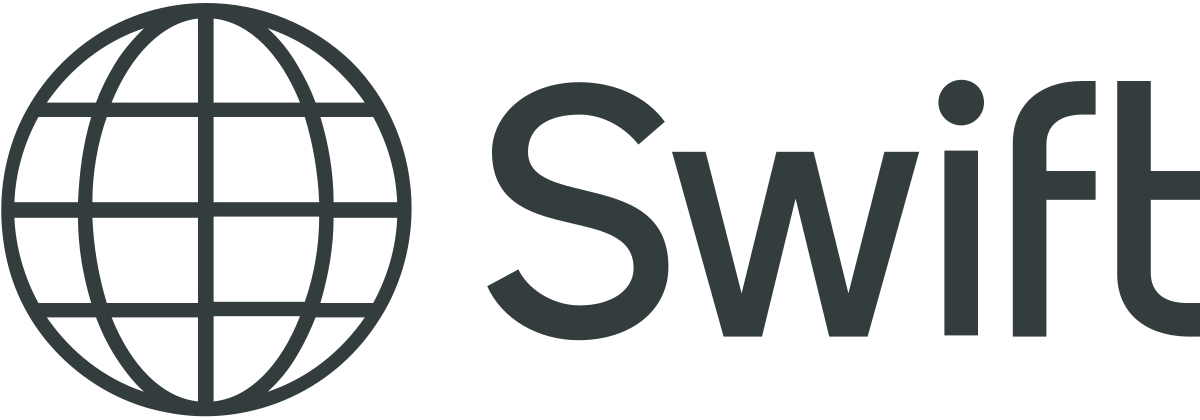In a significant advancement poised to transform global finance, Project Agorá, led by the Bank for International Settlements (BIS) in collaboration with prominent central banks and the Institute of International Finance (IIF), is progressing into its next stage. Today marks a crucial juncture as Project Agorá extends an invitation to the private sector, urging financial institutions to partake in reshaping wholesale cross-border payments through the innovative approach of tokenization.
The genesis of Project Agorá, aptly named after the Greek word for “marketplace,” lies in its ambition to transcend the confines of conventional financial systems. A consortium comprising seven central banks—representing economic powerhouses including the Eurosystem, Japan, Korea, Mexico, Switzerland, the United Kingdom, and the United States—will collaborate with a consortium of private financial entities convened by the IIF. Together, they will embark on a quest to reimagine the very infrastructure underpinning global monetary transactions.
Central to this audacious initiative is the concept of tokenization, a paradigm-shifting approach championed by the BIS. At its core, tokenization seeks to seamlessly meld tokenized commercial bank deposits with their wholesale central bank counterparts within a unified ledger—a public-private programmable core financial platform. This ambitious endeavor holds the promise of not only optimizing the existing monetary ecosystem but also heralding a new era of financial innovation.
The potential ramifications of Project Agorá extend far beyond the realm of theoretical abstraction. By harnessing the transformative power of smart contracts, this collaborative endeavor aims to unlock novel pathways for settlement while facilitating transactions hitherto deemed impractical or unfeasible. Indeed, the integration of smart contracts promises to usher in a cornucopia of opportunities, affording businesses and individuals alike a panoply of new avenues for financial engagement.
However, the journey towards redefining global payments is fraught with obstacles, chief among them being the pervasive inefficiencies ingrained within the current system. The byzantine maze of disparate legal frameworks, regulatory exigencies, and technical idiosyncrasies poses a formidable barrier to seamless cross-border transactions. Moreover, the proliferation of intermediaries further exacerbates these challenges, compounding the complexity of executing even the most rudimentary financial transactions.
Yet, amidst these daunting challenges, Project Agorá stands as a beacon of hope—a testament to the indomitable spirit of human ingenuity. By bridging the chasm between public and private stakeholders, this unprecedented collaboration seeks to surmount the structural inefficiencies that have long plagued the global payments landscape. In doing so, it not only promises to streamline the process of cross-border transactions but also to fortify the integrity of the financial ecosystem against illicit activities such as money laundering.
It is worth noting that projects emanating from the BIS Innovation Hub are inherently experimental in nature, underpinned by a steadfast commitment to delivering public goods to the global central banking community. In this regard, Project Agorá represents the vanguard of a new frontier—an audacious endeavor that transcends geopolitical boundaries in pursuit of a common goal: the democratization of finance.
As the call for private sector participation echoes across the hallowed halls of global finance, one cannot help but marvel at the audacity of visionaries who dare to challenge the status quo. For in their relentless pursuit of innovation lies the promise of a brighter, more inclusive financial future—one where the barriers to economic prosperity are dismantled, and the promise of opportunity knows no bounds.
In the annals of financial history, the advent of Project Agorá will undoubtedly be heralded as a watershed moment—a testament to the power of collaboration in overcoming the most daunting of challenges. As we stand on the precipice of a new era in global finance, one thing remains abundantly clear: the journey towards a more equitable and efficient financial ecosystem has only just begun.
Reference: https://www.bis.org/about/bisih/topics/fmis/agora.htm



